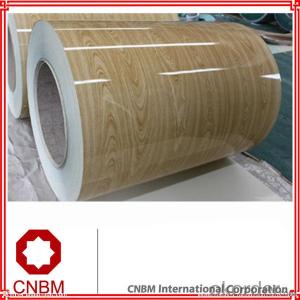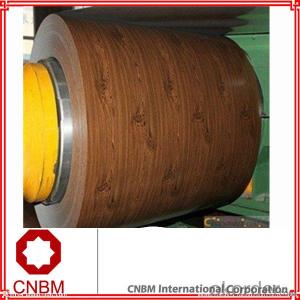Aluminium-zinc alloy coated steel coil-galvalume
- Loading Port:
- China main port
- Payment Terms:
- TT OR LC
- Min Order Qty:
- 25 m.t.
- Supply Capability:
- 24526 m.t./month
OKorder Service Pledge
OKorder Financial Service
You Might Also Like
Item specifice
Brief of Product
Main Features of the Pre-Painted Galvanized/Aluzinc Steel Coil:
• Excellent process capability
• Smooth and flat surface
• Workability, durability
• Excellent heat resistance performance
• High strength
• Good formability
• Good visual effect
Standard and Grade :
Pre-paint galvanized steel coil | ||||
ASTM A755M-03 | EN10169:2006 | JISG 3312-2012 | ||
Commercial quality | CS | DX51D+Z | CGCC | |
Structure steel | SS GRADE 230 | S220GD+Z | CGC340 | |
SS GRADE 255 | S250GD+Z | CGC400 | ||
SS GRADE 275 | S280GD+Z | CGC440 | ||
SS GRADE 340 | S320GD+Z | CGC490 | ||
SS GRADE550 | S350GD+Z | CGC570 | ||
S550GD+Z | ||||
Application :
Outdoor | Roof, roof structure, surface sheet of balcony, frame of window, door of garage, rolled shutter door, booth, Persian blinds, cabana, etc |
Indoor | Door, isolater, frame of door, light steel structure of house, home electronic appliances, ect. |
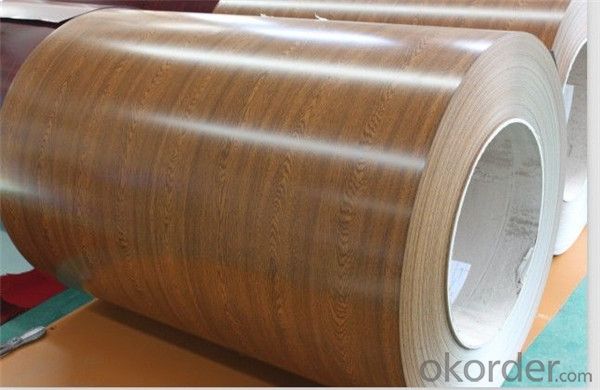
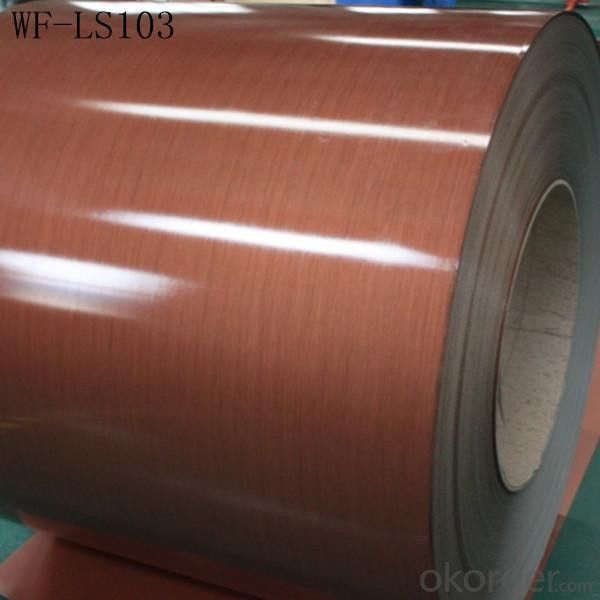
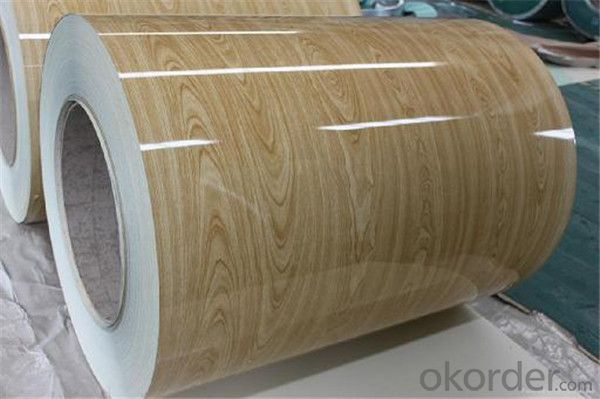
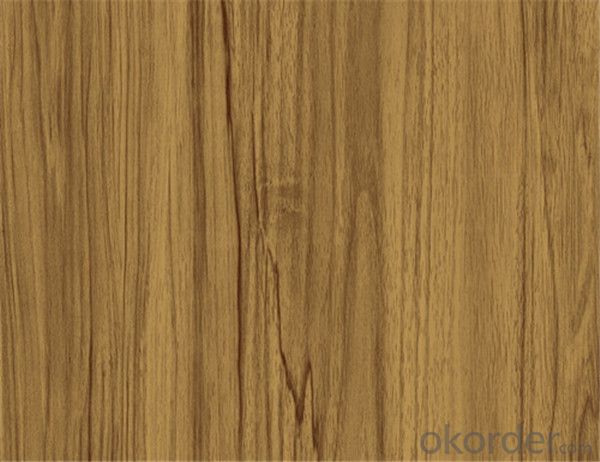
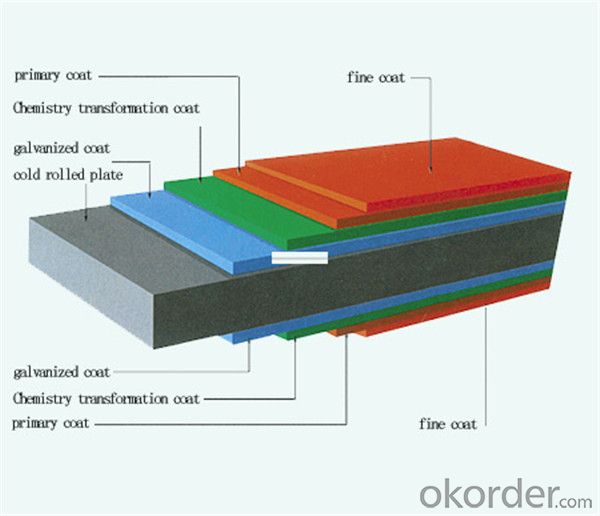
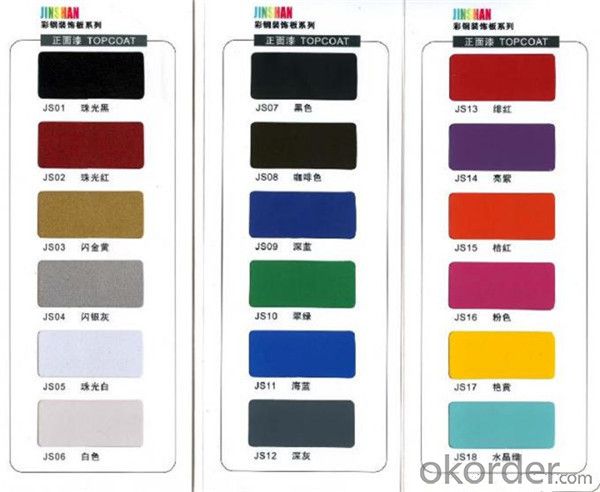
Packing:
Packaging Detail | The packing of coil consists of anti-damp paper ,PVC film ,hardboard paper , steel box , strapped with steel strips, fitted with locks and edge protectors and guarantees the optimal condition of the delivered goods. Each coil can be additionally fitted with wooden/steel skids(eye of the side) or wooden pallets(eye of the sky) |
Delivery Time | within 30 days of receipt of LC original or prepayment |
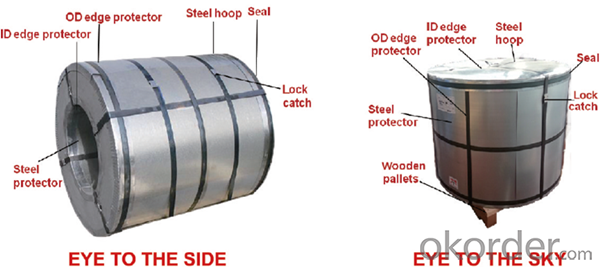
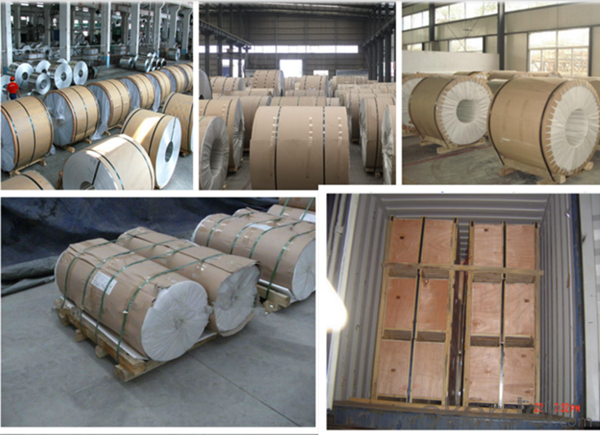
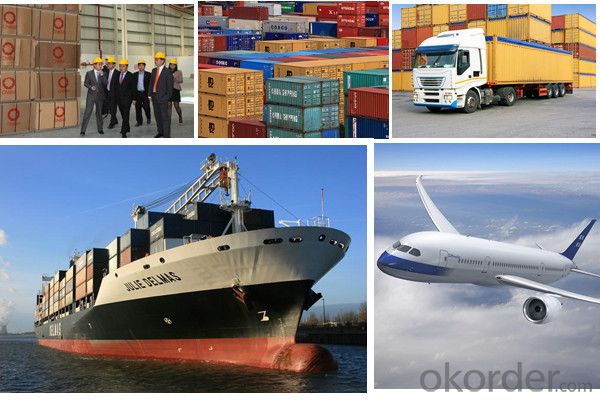
Our service:
MOQ | FCL, 25 metric tons per 20GP, can be assorted with different sizes. |
LCL for trial order is acceptable. | |
Price Term | EX-WORK, FOB China Port, CNF, CIF |
Payment | T/T, 30% advanced payment before production and balance before shipment; OR Irrevocable L/C at sight. |
Delivery Time | within 30 days of receipt of LC original or prepayment |
Our Services
FAQ:
1. What’s the application of this product?
Roof, roof structure, surface sheet of balcony, frame of window, etc.
2. What’s the brand of the paint?
We use the best brand of all of the word—AKZO.
3. How to guarantee the quality of the products?
We have established the international advanced quality management system,every link
from raw material to final product we have strict quality test;We resolutely put an end to
unqualified products flowing into the market. At the same time, we will provide necessary
follow-up service assurance.
4. How long can we receive the product after purchase?
Usually within thirty working days after receiving buyer’s advance payment or LC. We will arrange
the factory manufacturing as soon as possible. The cargo readiness usually takes 15-25 days, but
the shipment will depend on the vessel situation
- Q:How are steel coils made?
- Steel coils are made through a process called hot rolling, where steel slabs are heated and passed through a series of rollers to reduce their thickness and shape them into long, coiled strips. This process helps enhance the steel's strength and flexibility, making it suitable for various industrial applications.
- Q:How are steel coils different from steel sheets?
- Steel coils and steel sheets are both made from the same material, which is steel. However, they differ in terms of their shape and size. Steel coils are long, continuous rolls of steel, usually wound up in a coil form, while steel sheets are flat, rectangular pieces of steel. The main difference lies in their applications - steel coils are commonly used in industries where large quantities of steel are required for manufacturing processes, such as automotive or construction, whereas steel sheets are often used for smaller-scale projects or as a raw material for further processing.
- Q:What are the main properties of steel coils?
- Steel coils possess a multitude of characteristics that render them highly sought-after for a vast array of applications. Primarily, steel coils are renowned for their exceptional robustness and longevity. Boasting a high tensile strength, they exhibit an ability to withstand substantial loads and resist deformation. Consequently, steel coils are the optimum choice for applications that necessitate structural integrity and dependability. Moreover, steel coils exhibit remarkable resistance to corrosion. They possess an inherent capacity to generate a protective oxide layer on their surface, thereby preventing rust and other forms of corrosion. This attribute renders steel coils suitable for applications conducted outdoors or in environments characterized by high humidity or exposure to chemicals. Additionally, steel coils exhibit excellent thermal conductivity, facilitating the efficient transfer of heat. This feature renders them widely employed in heating and cooling systems, as well as in the production of various appliances and machinery. Furthermore, steel coils boast commendable formability, enabling them to be effortlessly shaped or bent into diverse configurations without compromising their strength. This quality endows them with versatility and adaptability, thereby proving indispensable in various manufacturing processes such as stamping, rolling, or welding. Lastly, steel coils are available in an extensive range of grades and thicknesses, allowing for customization based on specific application requirements. This versatility renders steel coils suitable for a vast array of industries, including automotive, construction, manufacturing, and energy. In conclusion, the main attributes of steel coils encompass strength, durability, corrosion resistance, thermal conductivity, formability, and versatility. These characteristics establish steel coils as a popular and dependable choice for a myriad of applications.
- Q:What are common uses for steel coils?
- Steel coils are commonly used in various industries for purposes such as manufacturing automobiles, appliances, construction materials, and metal fabrication. They are also used in the production of pipes, tubes, and structural components, making them a versatile material for a wide range of applications.
- Q:How are steel coils processed into finished products?
- Steel coils are processed into finished products through a series of steps including uncoiling, leveling, cutting, shaping, and surface treatment. The uncoiling process involves unwinding the steel coil to create a flat sheet. Next, leveling machines remove any unevenness in the sheet's surface. Then, the sheet is cut into desired lengths or shapes using cutting machines. Shaping processes such as bending, rolling, or stamping are performed to achieve the desired product form. Finally, surface treatment techniques like galvanizing, painting, or coating are applied to enhance the product's durability and appearance.
- Q:How do steel coils contribute to the energy efficiency of buildings?
- Steel coils contribute to the energy efficiency of buildings in various ways. Firstly, steel coils are commonly used in the construction of roofing systems. These coils are typically coated with reflective materials that help to reduce heat absorption from the sun. By reflecting sunlight away from the building, steel coils can significantly reduce the amount of heat that enters the building, thereby reducing the need for air conditioning and cooling systems. This, in turn, leads to lower energy consumption and reduced electricity bills. Additionally, steel coils are often used in the insulation of buildings. Steel coil insulation acts as a barrier against heat transfer, preventing heat from escaping in colder months and entering the building in warmer months. By effectively insulating the building, steel coils help maintain a consistent internal temperature, reducing the need for heating or cooling systems. This results in lower energy consumption and enhanced energy efficiency. Furthermore, steel coils are known for their durability and longevity. Their high strength and resistance to corrosion make them ideal for constructing energy-efficient buildings. By using steel coils in the construction process, buildings can be designed with thinner walls while maintaining structural integrity. Thinner walls allow for increased insulation space, enabling better energy efficiency and reducing the overall energy demand of the building. Moreover, steel coils are also recyclable, making them an environmentally friendly choice for building materials. The recycling process of steel coils requires significantly less energy compared to the production of new steel, thereby reducing carbon emissions. By using recycled steel coils, buildings can contribute to sustainable construction practices and help reduce their environmental impact. In conclusion, steel coils contribute to the energy efficiency of buildings through their reflective properties, insulation capabilities, durability, and recyclability. By utilizing steel coils in roofing and insulation systems, buildings can reduce heat absorption and heat transfer, leading to lower energy consumption and enhanced energy efficiency. Additionally, the use of steel coils supports sustainable construction practices, promoting a greener and more environmentally friendly approach to building design.
- Q:How are steel coils used in the production of metal roofing panels?
- Steel coils are a critical component in the production of metal roofing panels. These coils, which are rolled sheets of steel, play a crucial role in shaping and forming the panels. To start with, the steel coils are unwound and fed into a machine called a roll former. This machine uses a series of rollers and dies to gradually shape and bend the steel into the desired profile of the metal roofing panel. The coils pass through these rollers, which apply pressure and force to mold the steel into the required shape and size. Once the metal has been formed into panels, it may undergo additional processes to enhance its durability and appearance. This can include galvanizing or coating the panels with various protective layers to prevent corrosion and improve weather resistance. These additional steps help to ensure that the metal roofing panels are able to withstand harsh environmental conditions and provide long-lasting performance. Steel coils are preferred in the production of metal roofing panels due to their strength and durability. Steel is known for its exceptional strength-to-weight ratio, making it a suitable material for roofing applications. Additionally, steel is highly resistant to various weather conditions, including high winds, heavy rains, and extreme temperatures. This makes it an ideal choice for roofing panels that need to withstand the elements and provide reliable protection for buildings. Overall, steel coils are an essential component in the manufacturing process of metal roofing panels. They are used to shape and form the panels, which are then further processed to enhance their durability. The use of steel in these panels ensures that they can withstand harsh weather conditions and provide long-lasting performance for residential, commercial, and industrial buildings.
- Q:i have a question on a test and the questions before it are about blast furnace, wrought iron and cast iron...question 16 is..What is Steel?i dont really get what im being asked.. there could be many answers, what answer are they looking for?
- as steel is an alloy i thinkl they are looking for what elements it is made up of
- Q:i got a strip of steel from lowes how to sharpen it its not that thick its kinda slim but its heavyish its around 4'2 feet tall i cant get a whetstone or anything elsei have a brick , sand paper , and a hammer and some charcoal i was heating it up and trying to pound a edge into italso how to cut the steel to make a pointy curved tip any help appreciated and please tell me easy methodsplus its not sharp at all
- The okorder /
- Q:is a 1962 steel penny worth anything?
- 1962 D Penny
1. Manufacturer Overview |
|
|---|---|
| Location | |
| Year Established | |
| Annual Output Value | |
| Main Markets | |
| Company Certifications | |
2. Manufacturer Certificates |
|
|---|---|
| a) Certification Name | |
| Range | |
| Reference | |
| Validity Period | |
3. Manufacturer Capability |
|
|---|---|
| a)Trade Capacity | |
| Nearest Port | |
| Export Percentage | |
| No.of Employees in Trade Department | |
| Language Spoken: | |
| b)Factory Information | |
| Factory Size: | |
| No. of Production Lines | |
| Contract Manufacturing | |
| Product Price Range | |
Send your message to us
Aluminium-zinc alloy coated steel coil-galvalume
- Loading Port:
- China main port
- Payment Terms:
- TT OR LC
- Min Order Qty:
- 25 m.t.
- Supply Capability:
- 24526 m.t./month
OKorder Service Pledge
OKorder Financial Service
Similar products
New products
Hot products
Related keywords
